Endodontics
Endodontics is a specialized branch of dentistry focused on treating the dental pulp and tissues surrounding a tooth's roots. Central to endodontic services is root canal therapy, which is crucial for saving an infected or severely decayed tooth.
A root canal involves removing the infected or damaged pulp from inside the tooth. The pulp contains nerves and blood vessels that can become inflamed or infected due to deep decay, cracks, fractures, or repeated dental procedures. During a root canal, an endodontist or dentist will carefully remove the compromised pulp, clean and disinfect the tooth's inner chambers, and then fill and seal these spaces. Finally, the tooth is restored with a crown or filling to protect and restore its function.
Root canal therapy is renowned for eliminating dental pain and preserving the natural tooth. The advantages of keeping the natural tooth include efficient chewing, regular biting force and sensation, natural appearance, and protection of other teeth from excessive wear or strain.
Endodontics also includes other procedures such as treating dental traumas involving displaced or knocked-out teeth, performing endodontic surgery such as apicoectomy (removal of the tip of the root), and treating cracked teeth. These procedures aim to save the tooth and maintain its functionality.
Endodontic treatment patients often report immediate relief from prior pain and discomfort. Modern techniques and anesthetics make most procedures manageable and cause minimal discomfort. Endodontic therapy has a high success rate following treatment, and many root canal-treated teeth last as long as natural teeth. Regular dental checkups and proper oral hygiene are crucial for the longevity of the treated tooth.
Overall, endodontics plays a vital role in dental health by preserving natural teeth and preventing the spread of infection, thereby improving oral health and overall well-being.
Information about Endodontics
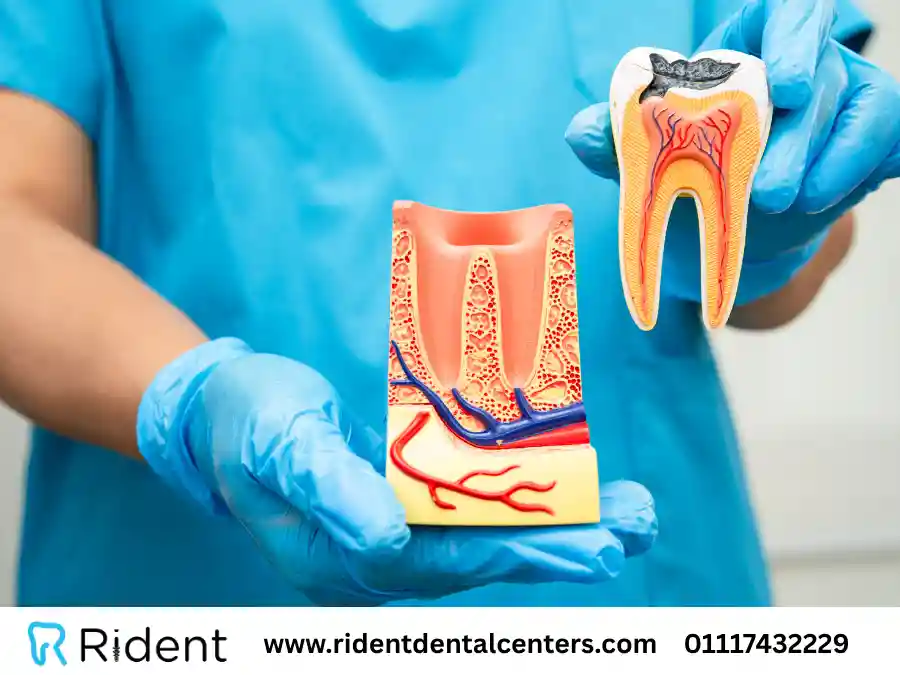
Root Canal Treatment Cost in Egypt 2025
Have you ever visited a dentist due to tooth decay or infection and been told you need a root canal? What was your initial reaction—anxiety, fear, or concern about the cost? Don’t worry. In this article, we’ll walk you through the cost of a root canal, its importance, the detailed steps of the procedure, and more valuable information.
Read More...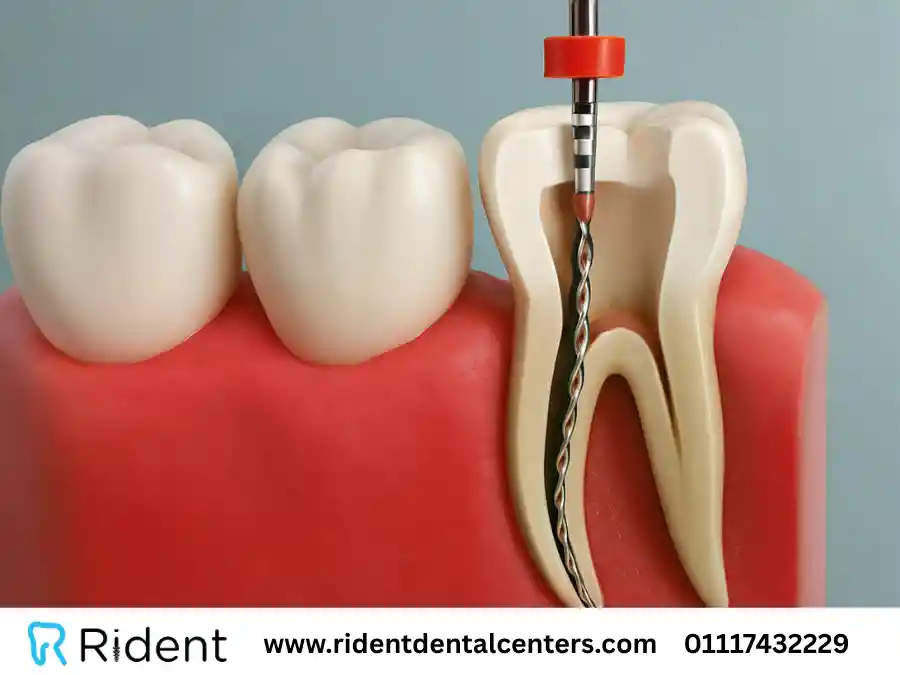
Comprehensive Guide on Root Canal Treatment and Its Cost in 2025
Root canal treatment is one of the most popular dental procedures, and since dental procedures in particular can cause a lot of questions and concerns for some people, we have gathered everything you need to know about root canal treatment. Keep reading to discover essential information.
Read More...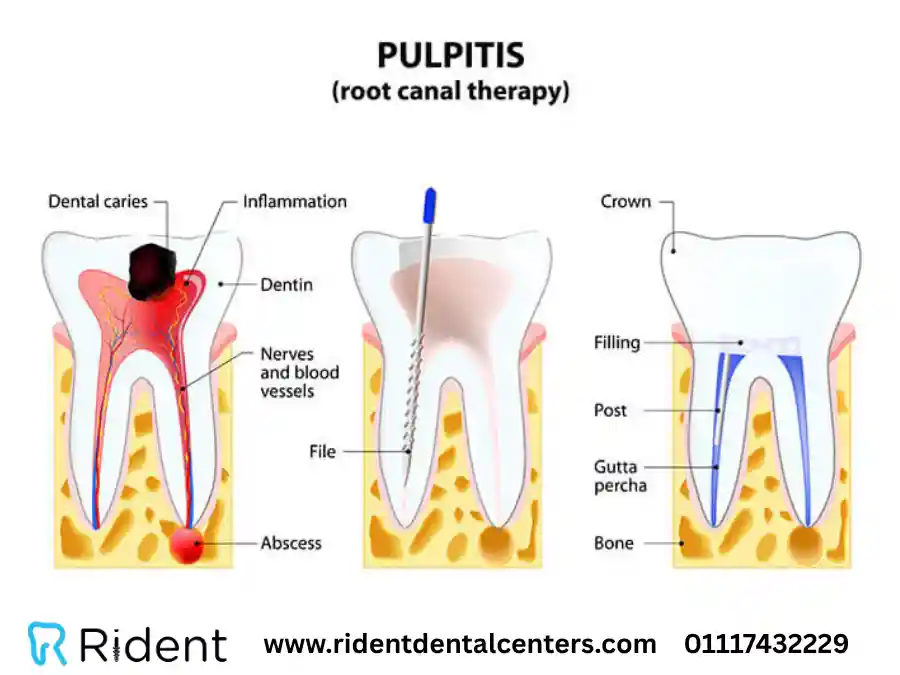
Root Canal Treatment in a Single Session
Many people become anxious just at the mention of a root canal treatment at the dentist. This is due to its widespread reputation for requiring multiple visits, causing pain, and other factors that make the procedure seem daunting. However, now at Rident Dental Centers, root canal treatment can be performed in just one session, using local anesthesia that eliminates pain during the procedure.
Read More...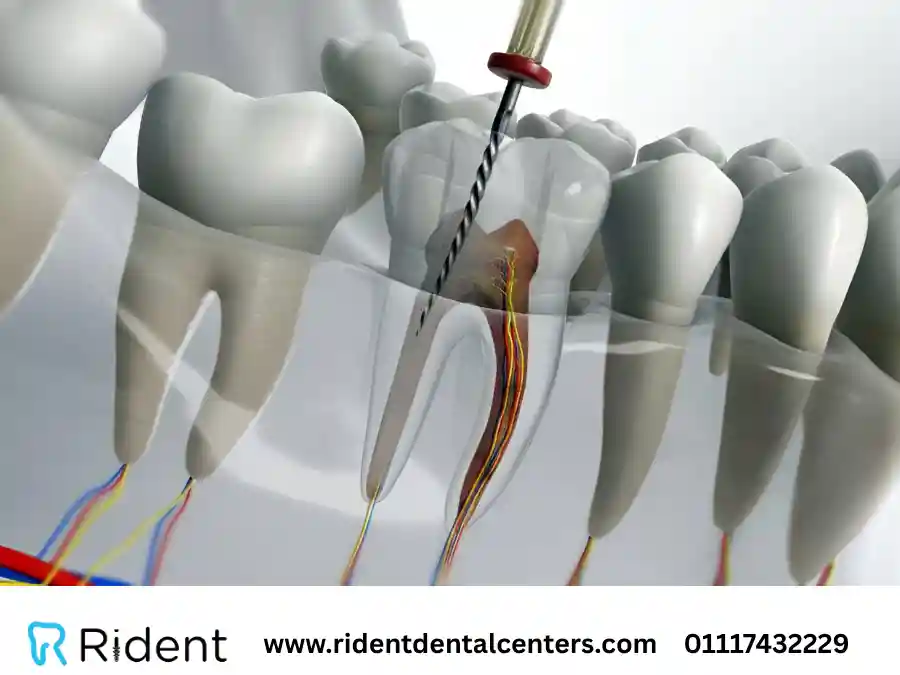
Treatment of Dental Nerve Inflammation & 8 Causes You Should Watch Out For
Dental nerve inflammation is one of the most common dental issues that many people face. It can be a major source of pain and discomfort, significantly affecting one’s quality of life and the normal function of the teeth. That’s why it’s crucial to seek immediate treatment for inflamed dental nerves to relieve the discomfort.
Read More...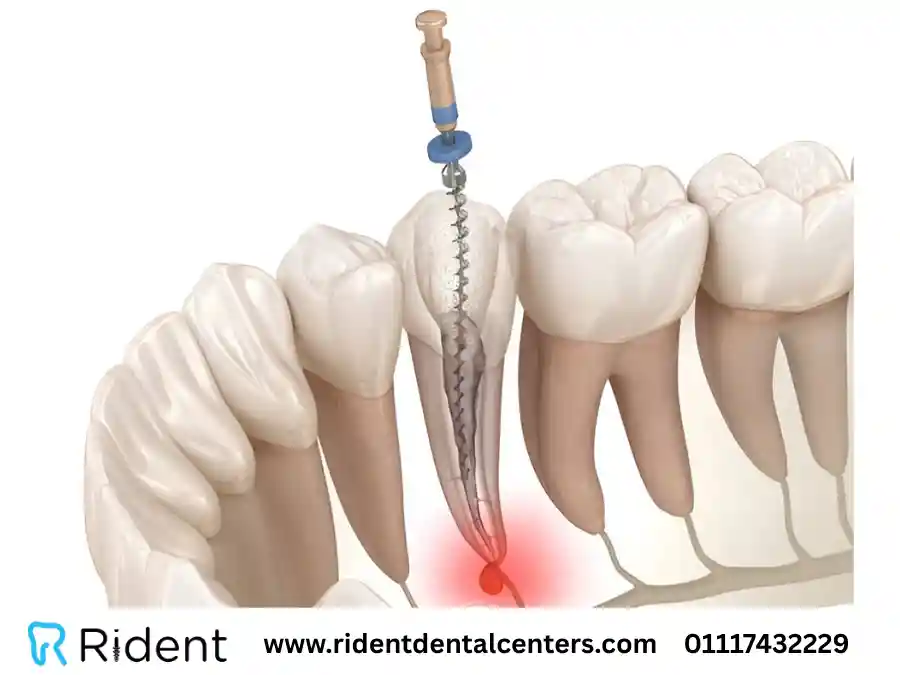
Is Root Canal Treatment Painful?
Is root canal treatment painful? This is a question that worries many people who need this dental procedure. Root canal treatment is one of the most common and essential dental procedures. Typically, individuals who need it experience intense pain and extreme sensitivity in their teeth, which leads them to visit the dentist. Despite its effectiveness, many fear the potential pain involved.
Read More...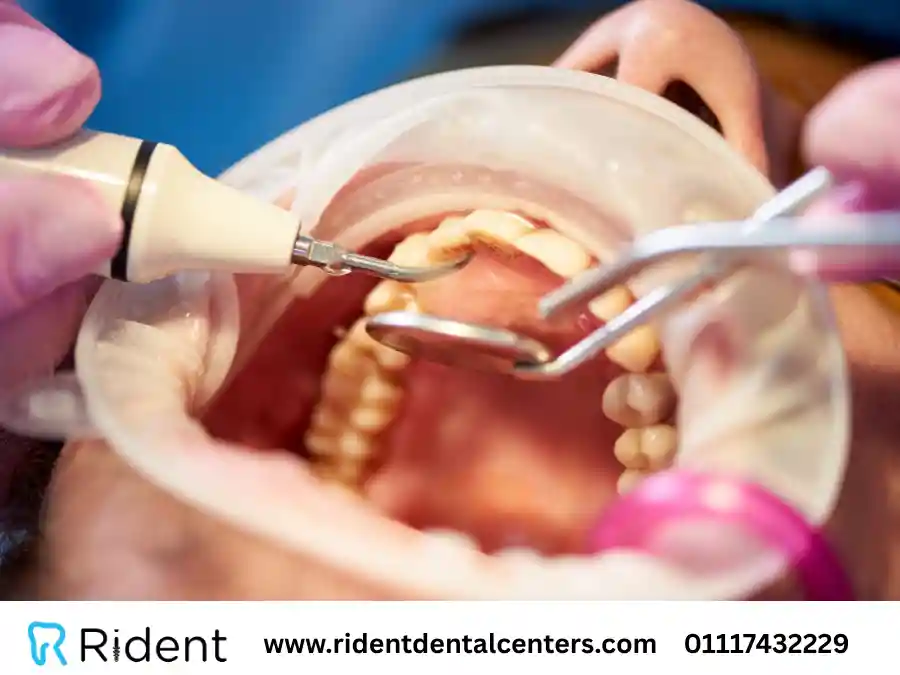
Tooth Nerve Inflammation Treatment
In this article, we will discuss the treatment of tooth nerve inflammation, a condition that results in severe, throbbing pain, often preventing patients from sleeping. This issue is typically caused by poor dental hygiene, especially neglecting to brush before bedtime, leading to deep tooth decay that affects the dental pulp (nerve).
Read More...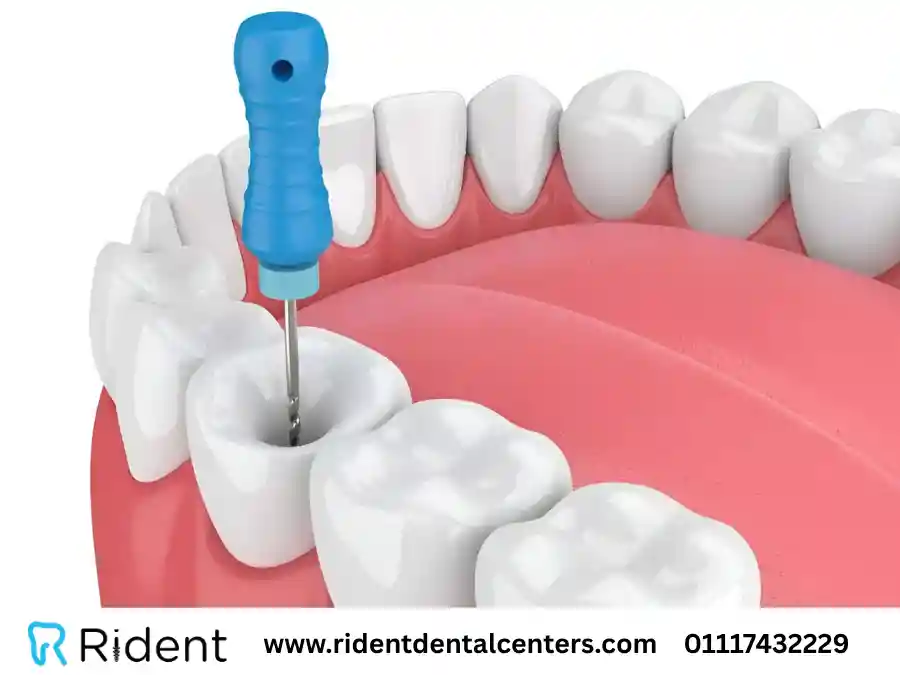
How Long Does Pain Last After a Root Canal?
When you undergo a root canal treatment, many questions may come to mind, most notably: How long does the pain last after a root canal? A root canal is a common dental procedure aimed at saving teeth that are damaged due to decay or infection. While it provides long-term relief, some patients may experience discomfort following the procedure. In this article, we'll cover everything you need to know about post-root canal pain: how long it lasts, the best painkillers to use, what the tooth looks like after a root canal, the importance of taking antibiotics, and the steps you can take to ensure fast, healthy healing. Read on to approach the experience with confidence.
Read More...
Disadvantages of Dental Implants and 6 Important Benefits
Dental implant surgery is a medical procedure used to replace missing teeth with new artificial ones. While this procedure offers many remarkable benefits, what about the disadvantages of dental implants? What are their pros and cons? And is dental implant surgery considered dangerous? In this article, we’ll answer all of these questions in detail.
Read More...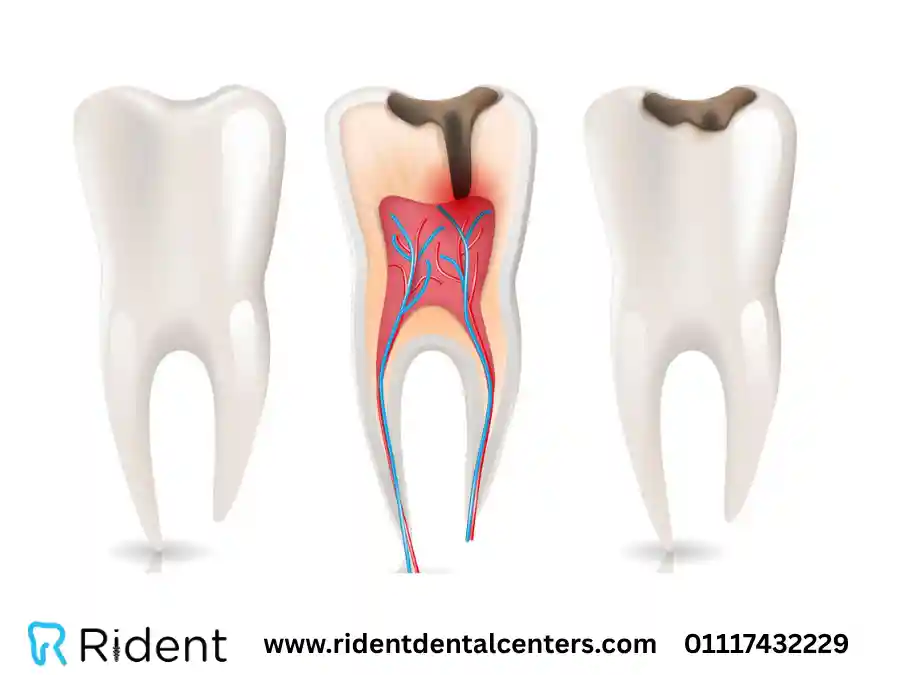
Pulpitis (Tooth Nerve Inflammation)
Have you ever experienced a sudden and intense pain in one of your molars that made it impossible to eat or sleep? This pain might be due to tooth nerve inflammation, one of the most distressing oral health issues, as it can significantly impact your quality of life.
Read More...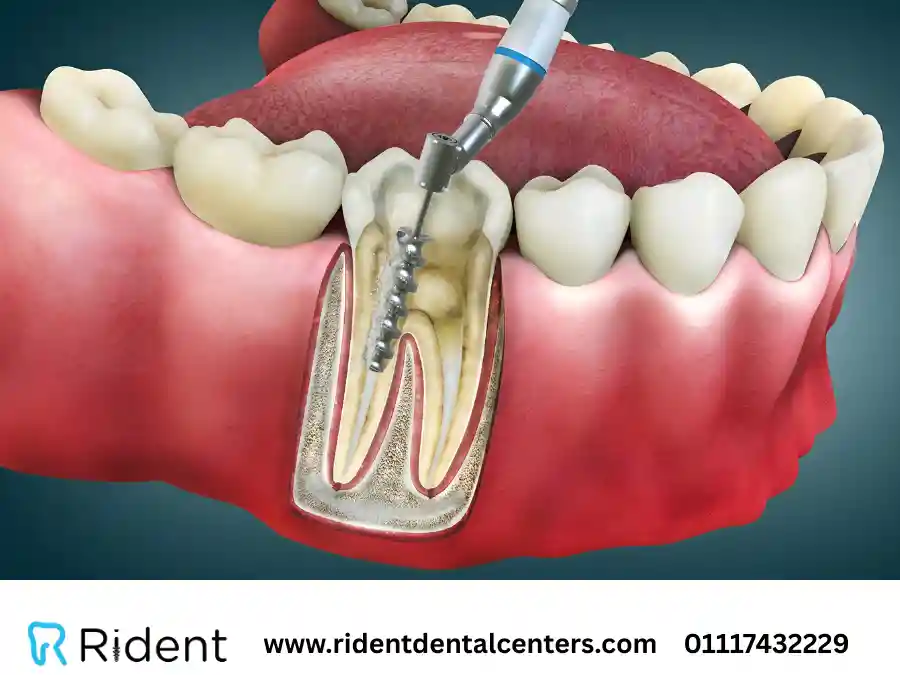
Root Canal Treatment
If you have been recommended for root canal treatment, you’re likely wondering what dental roots are and what dental issues require such a procedure. And even if you're already familiar with the answers, you may still feel some anxiety about the potential pain involved in the treatment.
Read More...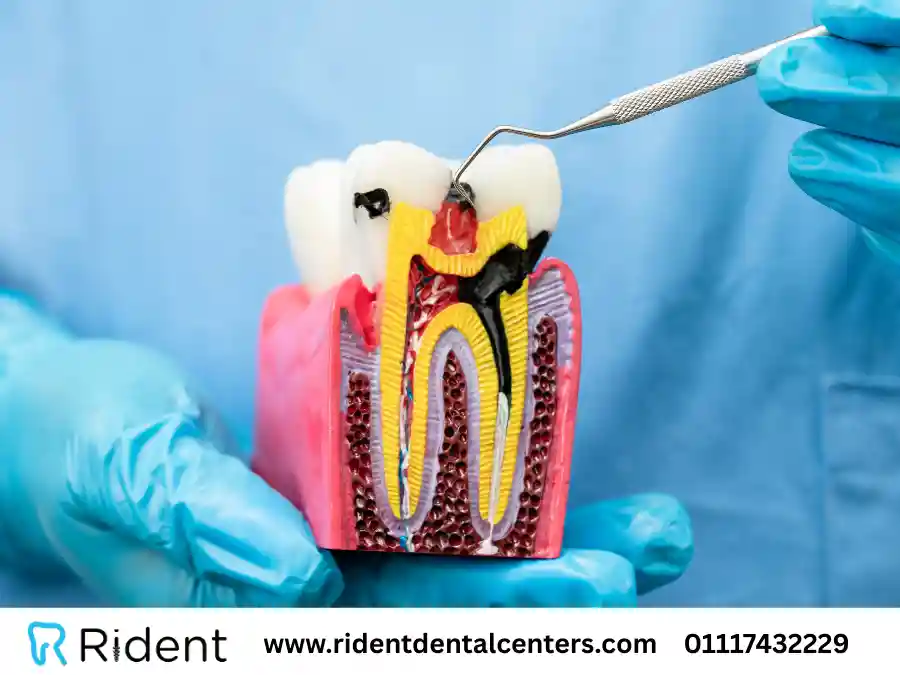
Root Canal Treatment
Who among us doesn’t feel apprehensive at the mention of “root canal treatment” due to the common belief that it’s a painful procedure? But what’s the truth? When does a patient actually need it? In this article, we explain all the details about root canal treatment, its role in managing nerve inflammation, and how to avoid reaching that stage. Read on.
Read More...
